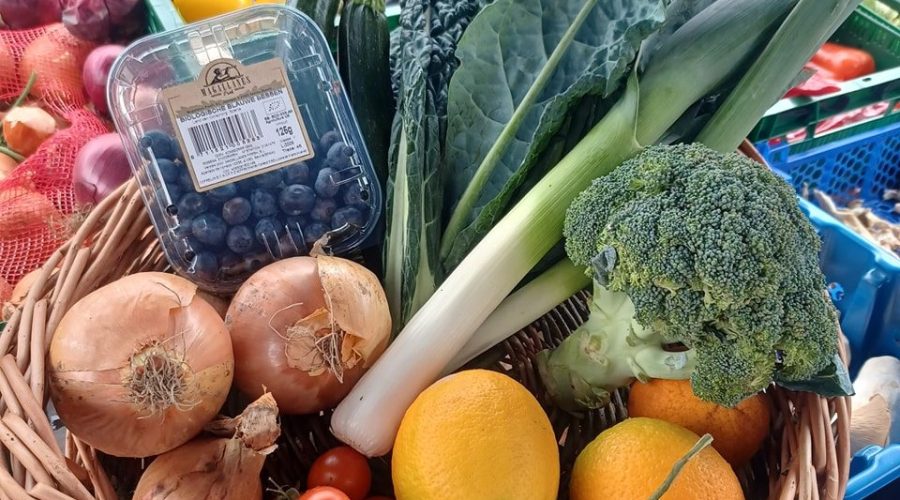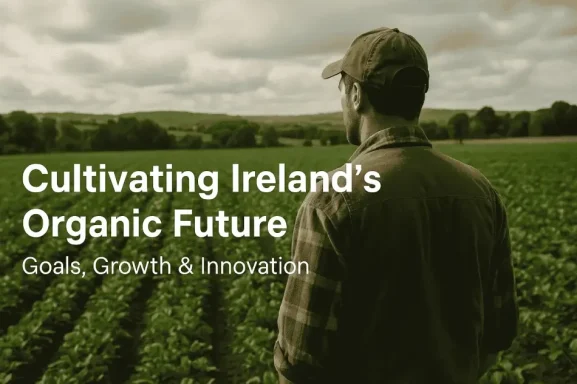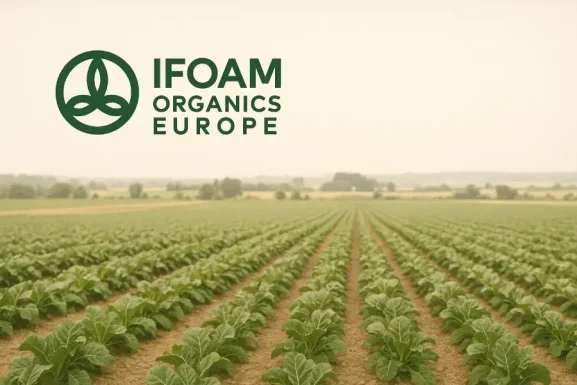How Organic Food is Grown In Ireland
When you see the green EU organic leaf logo on food in Ireland, it’s more than just a label, it’s a promise. It means the food has been grown and produced to some of the strictest farming standards in the world. These rules protect the environment, improve animal welfare, and ensure that what’s on your plate is as natural as possible.
What “Organic” Means in Ireland
In Ireland, organic farming is regulated under EU Regulation 2018/848 and overseen by approved certification bodies. These rules cover everything from how crops are grown to how animals are raised, how food is processed, and even how it’s stored and labelled.
Key principles include:
- No synthetic chemicals: Farmers can’t use synthetic pesticides, herbicides, or fertilisers.
- No GMOs: Genetically modified seeds and animal feed are banned.
- No artificial growth hormones or routine antibiotics in livestock farming.
- No irradiation or sewage sludge in food production.
Building Healthy Soil
Healthy soil is the heart of organic farming. Instead of relying on artificial fertilisers, farmers focus on feeding the soil with natural materials like:
- Compost
- Well-rotted manure
- Green manures (plants grown to be dug back into the soil)
- Mulches to lock in moisture and suppress weeds
Techniques like crop rotation and intercropping prevent pests and diseases, improve soil fertility, and support biodiversity.
Natural Pest and Weed Control
Organic farmers work with nature, not against it. They:
- Plant flowers and hedgerows to attract beneficial insects like ladybirds and lacewings.
- Use netting and barriers to keep pests away from crops.
- Encourage birds, bats, and other wildlife that help control pests naturally.
- Manage weeds by hand-hoeing, mechanical weeding, mulching, or planting cover crops.
Raising Animals Organically
For livestock, organic means:
- Access to pasture and outdoor space year-round (weather permitting).
- Organic feed, often grown on the farm itself.
- No routine use of antibiotics or growth hormones.
- Space to move freely and express natural behaviours.
Animal welfare is at the core of the standards, so animals live in less crowded, less stressful conditions.
The Certification Process
Becoming an organic farm in Ireland takes time and commitment:
- Conversion period: Farmers must manage their land organically for two years before selling food as organic.
- Organic System Plan: They submit a detailed plan to an approved certification body.
- Inspections: Farms are inspected at least once a year by:
- Irish Organic Farmers & Growers Association (IOFGA)
- Organic Trust Ltd
- Demeter (for biodynamic certification)
- Ongoing checks: Farmers must keep records and be ready for unannounced inspections.
Why Organic Farming Matters
Organic farming benefits more than just the end consumer. It:
- Supports biodiversity by creating habitats for pollinators and wildlife.
- Reduces water pollution by avoiding harmful chemicals.
- Helps fight climate change by building healthy soils that store carbon.
- Strengthens local communities by keeping small farms viable.
Supporting Organic in Ireland
By buying organic, you:
- Encourage more farmers to convert to sustainable practices.
- Help protect Ireland’s countryside for future generations.
- Support local economies and food security.
You can make a difference every time you shop.
Why It Matters
- For Your Health
- Fewer chemical residues on your food
- Higher levels of some vitamins, minerals, and antioxidants
- No GMOs, synthetic additives, or artificial preservatives
For the Planet
- Cleaner rivers and groundwater, no chemical runoff
- Healthier soils that store more carbon and fight climate change
- More pollinators and wildlife thanks to pesticide-free farming
For Ireland
- Supports local farmers and rural communities
- Protects traditional farming landscapes
- Strengthens Ireland’s food security with homegrown produce
Your Choice Counts
Every time you choose organic, you invest in cleaner food, a healthier environment, and a stronger local food system.
Find local organic farms, markets, products and suppliers in our LocalOrganic directory.



